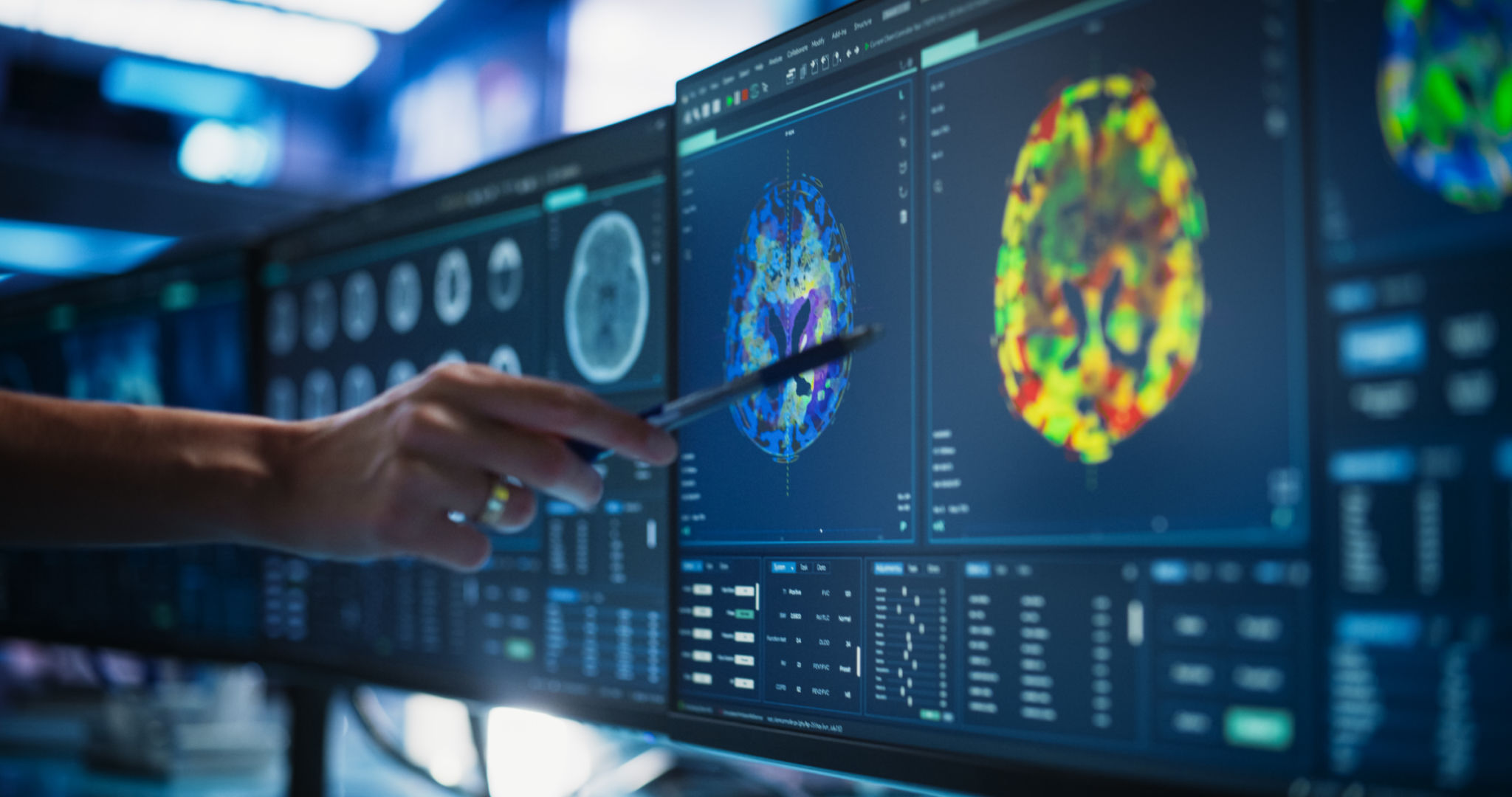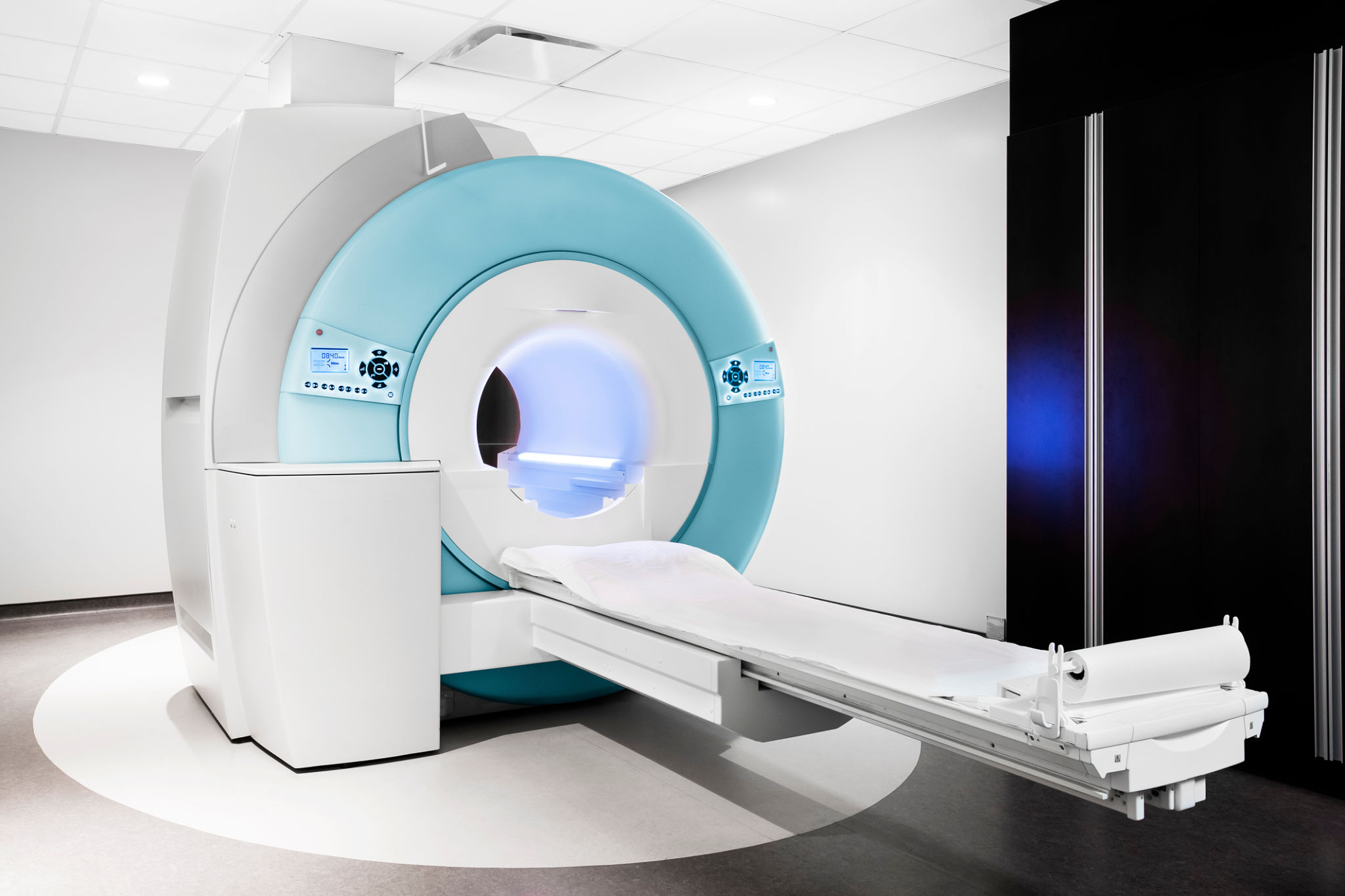Dispelling Myths About Brain MRIs: What You Need to Know
Understanding Brain MRIs
Magnetic Resonance Imaging (MRI) is a powerful tool used in modern medicine to visualize the brain's structure and function. Despite its widespread use, there are many myths surrounding brain MRIs that can cause unnecessary anxiety. By dispelling these myths, we can better appreciate the benefits and safety of this imaging technique.

Myth 1: Brain MRIs Are Dangerous Due to Radiation
One of the most common misconceptions is that MRIs expose patients to harmful radiation. Unlike X-rays or CT scans, MRIs use magnetic fields and radio waves to create detailed images of the brain. This means that there is no ionizing radiation involved, making MRIs a safe option for most individuals, including pregnant women and children.
Myth 2: MRIs Can Cause Claustrophobia
It’s true that some people feel anxious about getting an MRI due to the enclosed nature of the machine. However, advancements in technology have led to the development of open MRI machines that offer more space and comfort. Additionally, technicians are trained to help patients relax, offering options such as listening to music or using a blindfold to alleviate anxiety.

Myth 3: Brain MRIs Are Painful
Another myth is that undergoing a brain MRI is a painful experience. In reality, the procedure is completely non-invasive and painless. Patients may hear loud noises produced by the machine, but earplugs or headphones are usually provided to minimize discomfort.
What to Expect During a Brain MRI
Understanding what happens during a brain MRI can help ease concerns. The process typically involves:
- Changing into a hospital gown and removing metal objects.
- Lying still on a table that slides into the MRI machine.
- Staying relaxed while the machine takes images, which may take 30 to 60 minutes.

Myth 4: Only Serious Conditions Require Brain MRIs
While MRIs are crucial for diagnosing serious conditions like tumors or multiple sclerosis, they are also used for assessing more common issues such as persistent headaches or dizziness. The detailed images produced by an MRI provide valuable insights that can guide treatment plans for various conditions.
The Benefits of Brain MRIs
Brain MRIs offer several benefits, including:
- Detailed Imaging: Provides high-resolution images of brain structures.
- No Radiation: Safe for repeated use over time.
- Comprehensive Diagnosis: Aids in diagnosing a wide range of neurological conditions.
Conclusion
Dispelling myths about brain MRIs helps us understand their significance in medical diagnostics. By recognizing the safety and efficacy of MRIs, patients can approach this procedure with confidence and peace of mind.
